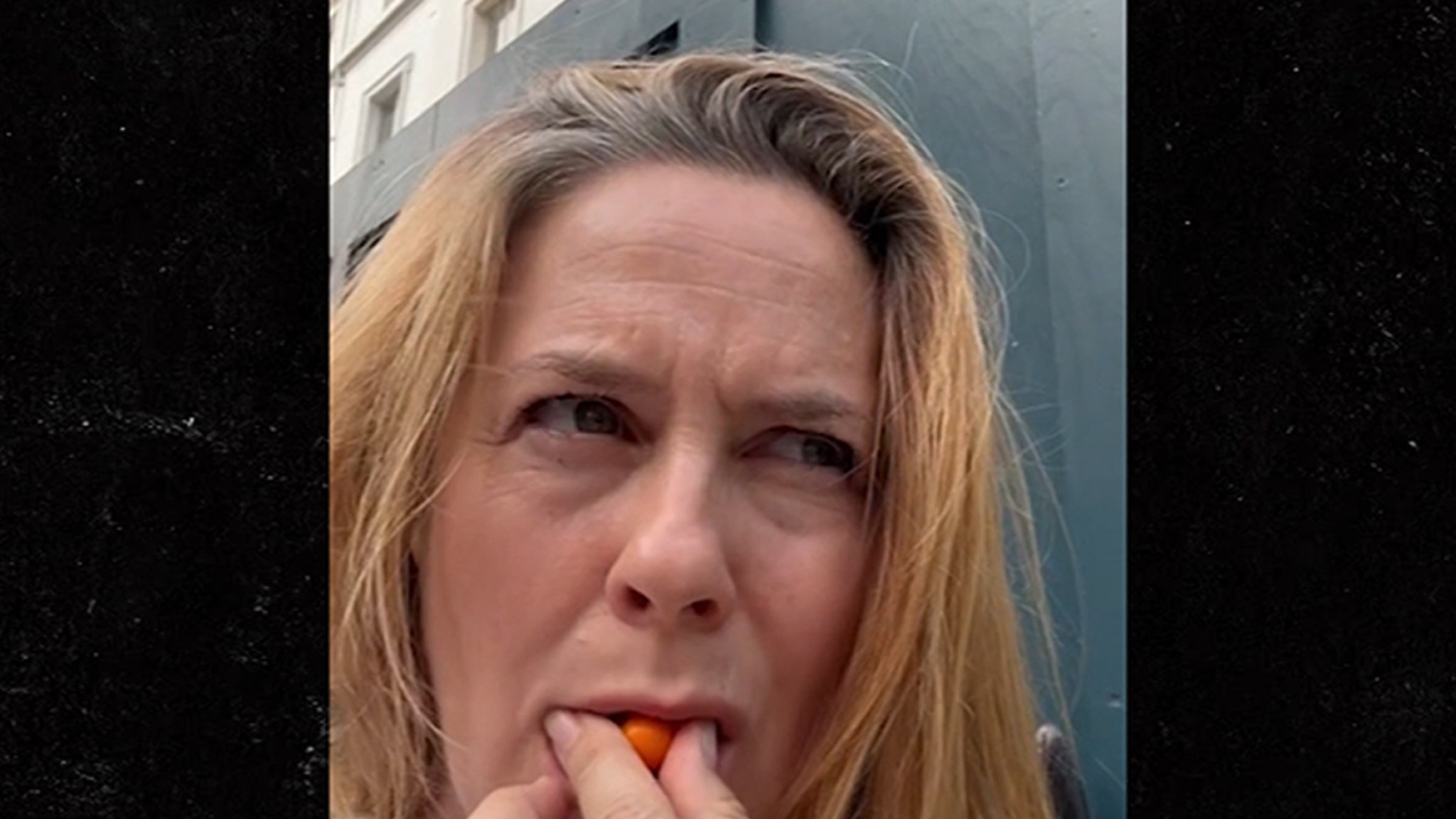Culture
Book Review: ‘The Anthropologists,’ by Aysegul Savas


THE ANTHROPOLOGISTS, by Aysegul Savas
There may be no greater advice on time management than Annie Dillard’s oft-quoted reminder: “How we spend our days is, of course, how we spend our lives.” That guidance, which first appeared in Dillard’s 1989 book “The Writing Life,” was initially framed as a recommendation for aspiring writers to keep a schedule, but, because of its profound simplicity, it has been adopted as an existential rallying cry.
But how do we spend our days? Our hours are only occasionally shaped by notable, discrete events; more often we spend our time doing routine tasks so mundane they’re almost invisible — checking our phones, waiting in line at the pharmacy, sitting in traffic, idling on the internet. If someone were to try to organize and narrate a life, how would he go about that?
Asya, the protagonist of Aysegul Savas’s third novel, “The Anthropologists,” knows this dilemma well. “Daily life,” she admits, “was a difficult story to tell.”
Asya is one half of a couple living abroad in an unspecified foreign city. She is a documentary filmmaker; her husband, Manu, works at a nonprofit organization. When the novel opens, they have resided in their adopted home for several years, so they make two big decisions. First, they decide to buy a place of their own. Second, Asya decides that for her next documentary, she will film a local park. Both decisions are driven by anxiety — Asya worries that “we weren’t living by the correct set of rules, that we should be making our lives sturdy.”
And so the narrative follows as Asya and Manu visit a number of potential homes, and as Asya spends time filming and interviewing people in the park. And that’s it. That’s what makes up the dominant thread of the plot. But, as with life itself, the big events aren’t necessarily what gives this book its delectable heat.
As Asya and Manu pursue their two big goals, life rages on around them. They have a handful of friends — Ravi, Lena, Sharon and Paul — whom they spend time with, and those friends have their own dynamics and frustrations. Meanwhile, Asya and Manu have also formed a relationship with their upstairs neighbor, an old woman named Tereza with whom they have weekly tea, a ritual that slowly shifts as Tereza’s mental acuity begins to decline. Manu’s parents come to visit. Asya’s best friend comes to visit.
But these events aren’t necessarily there as narrative hooks. Instead, they appear more as colors and tones that flesh out Asya and Manu’s lives. Characters and story lines pop up, drop away and resurface. We meet Tereza in one chapter and then we don’t see her again until 60 pages later. A troubled relationship of sorts blooms between Ravi and Lena, but we experience it only from the margins.
Rather, the book’s mission seems to be simply to plunge the reader into the mind of one woman as she evaluates her days and considers what she wants her life to be as she searches for a new home. I found it utterly enchanting. Even the most humdrum events resonate with importance when viewed through Savas’s meticulous and layered prose and plotting. Her storytelling is subtle but deliberate, and through it we see how drinks with friends, for instance, can be a philosophical summit or a romantic springboard or … just drinks with friends. The ordinary moments contain multitudes, the novel seems to say. The ordinary moments are significant.
Part of what drives Asya in creating her park documentary is her desire to “film daily life, and to praise its unremarkable grace.” That also seems to be the project of this novel — with “The Anthropologists,” Savas has invited us to praise the unremarkable grace of Asya and Manu’s lives, and in the process, to pause and appreciate the beautiful textures of our own.
THE ANTHROPOLOGISTS | By Aysegul Savas | Bloomsbury | 179 pp. | $24.99
























